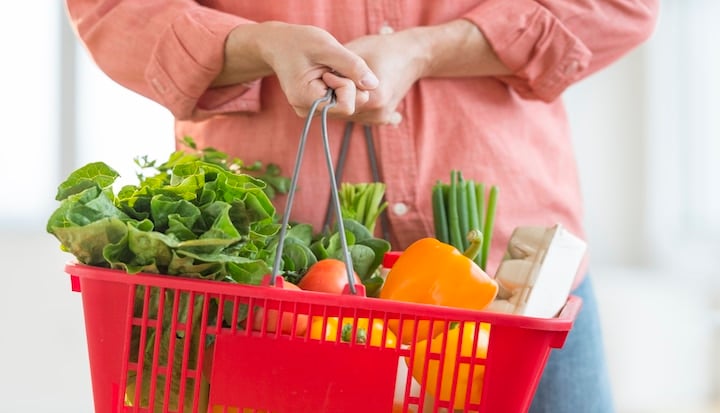The products we can buy today may not be available to us in the future unless action is taken to address the most pressing global challenges facing us.
Take a simple cotton shirt for example. Cotton production is being hit by environmental impacts such as climate change and water scarcity, social challenges in production such as instances of labour exploitation and community exclusion, and economic pressures including greater demand from a rising population and increasing competition for arable land.
Some great companies are leading the charge to build sustainable businesses and supply chains – you can see the British Retail Consortium’s case studies for more details – but acting alone, they can’t influence the global changes needed.
The retail industry recognises that scale is essential to drive change and has come together under the new initiative Better Retail, Better World, launched this week, to build a better, more prosperous and sustainable world.
Using the widely recognised United Nations Sustainable Development Goals (SDGs) as a framework, businesses and NGO’s have jointly developed objectives which include, preventing people falling into the modern slavery trap by paying to get a job, reducing greenhouse gas emissions, deforestation and waste sent to landfill and providing more support for people from underrepresented demographics to progress in employment. The SDGs will shape the retail industry’s future steps in building a better, more prosperous and sustainable world.
Retailers with combined sales of over £135bn in the UK alone have signed up to these sustainability goals, which have a big focus on:
• Collaboration: signalling to the market the scale of demand for change.
• Sharing Best Practice: helping all businesses hear the successful, and not so successful, actions to take.
• Public Disclosure: enabling everyone to judge progress and hold their retailers to account.
This is the start of our journey to 2030 and these are the first in a series of actions. The majority of the actions launched at the House of Commons earlier this week, are to be delivered by 2020, and our emphasis for this first stage is to drive that public disclosure so we can identify best practice to shape common actions from the industry from 2020 onwards.
Our aim in developing Better Retail, Better World is to have the greatest possible impact in reducing environmental impacts and improving social conditions. Our approach is to build a framework of actions that all retailers can join, to ensure the largest scale impact and then work with them and our stakeholders to continuously ramp up actions on a journey to 2030.
As a result, we have retailers from the largest High Street shops to new online businesses.
This new framework builds on our former A Better Retailing Climate initiative that focused mainly on carbon, water and waste. The A Better Retailing Climate targets, due to end in 2020, are being rolled into the first phase of Better Retail, Better World. Taking the carbon actions as an example, as an industry we are still committed to reducing our absolute carbon emissions from retail operations by 25 per cent by 2020 based on 2005 levels. We will publicly report on the progress the industry has made against this target, as well as the new Better Retail, Better World action requiring all signatories to publicly disclose their business’s climate change vulnerabilities and risks by 2020.
Signatories will be supported by workshops, guidance (such as our SDGs checklist), training, and ongoing discussions with our expert stakeholders.
Our actions will be reviewed and revised every two years to ensure Better Retail Better Worldtakes account of a rapidly changing world.
We cannot do this alone. That is why we seek to bring everyone together and start conversations about how best we can make a difference, ensure that the products available to everyone today are available tomorrow, and that we ultimately build a better, more prosperous and sustainable world.










